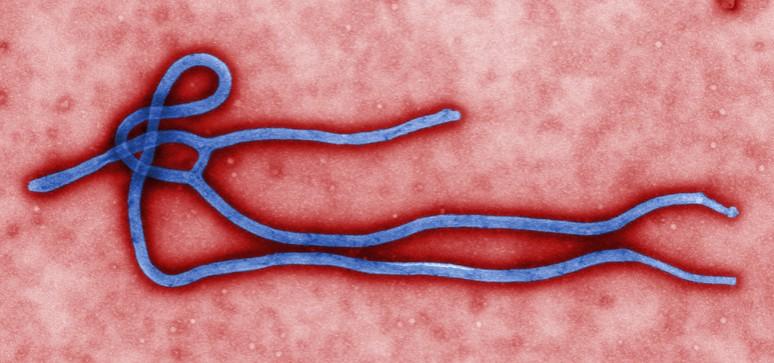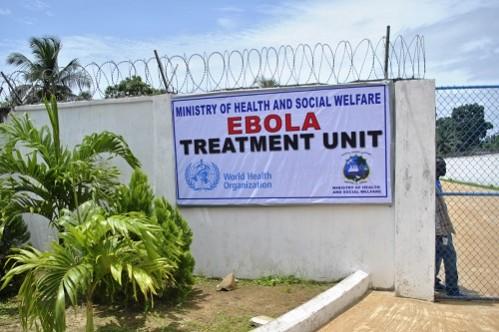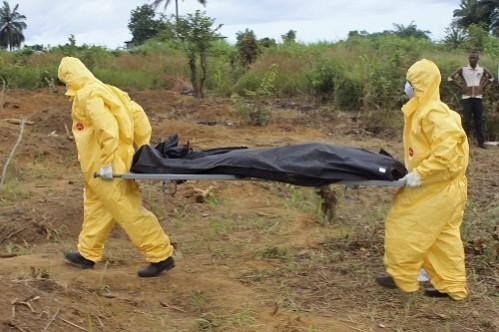
Another Ebola outbreak in the eastern part of the Democratic Republic of Congo has the World Health Organisation (WHO) worried that the disease may spread quickly, given the proximity of the area to several other nations.
The outbreak was detected earlier this week after four people tested positive for the virus in and around the town of Mangina, home to about 60,000 people in the North Kivu province. The town is also just 100km from the Ugandan border, which is why the WHO is so concerned.
Last week, officials managed to kill an outbreak on the other side of the Central African nation after it claimed 33 lives. A vaccine manufactured by Merck helped contain the virus, and the project was declared a success despite the deaths.
"It would appear that the risk, as we can surmise for DRC, is high. For the region it's high given the proximity to borders, particularly Uganda," said WHO's emergency response chief Peter Salama. "We are talking about tens of kilometres but I stress that this is very preliminary information at this stage."
Ever since it was discovered near the Ebola River in northern Congo, the country has seen 10 outbreaks of the virus since 1976, almost twice as many epidemics as other nations.
The WHO has confirmed that the latest strain is the Zaire strain, which is what the Merck vaccine targets as per Congo's health ministry. The discovery should help end the strain quickly since the vaccine is the greatest weapon against Ebola to date.

However, health officials do expect challenges since the area is home to multiple conflicts by the various ethnic groups living there, who have all been fighting over land. The complex decade-old conflict could hamper efforts to contain the virus.
Locals panic
Following news of the outbreak, officials have rushed to Mangina on Thursday to contain the disease and educate people. A local nurse told Reuters that the town had no ambulance service.
"There is great panic among the local population following the appearance of the Ebola epidemic," said a nurse by phone, who asked not to be named. The hospital where she works has already seen three people die recently of haemorrhagic fever. The hospital was awaiting help from the Red Cross to bury the bodies properly, she said.
Meanwhile, Uganda has set up screening at the land border it shares with Congo and at its Entebbe international airport. "Ebola is highly infectious so we have put in place measures," Uganda's Junior Health Minister Sarah Achieng Opendi told Reuters.
An international delegation including officials from the United Nations, the World Bank and the WHO is in Beni, 30 km from Mangina.

Ebola is believed to be transported long distances by bats and can find its way into bushmeat sold at local markets and eaten. Once present in humans, it causes haemorrhagic fever, vomiting and diarrhoea and is spread through direct contact with body fluids. Over 11,300 people died of an epidemic in West Africa from 2013 to 2016.

















